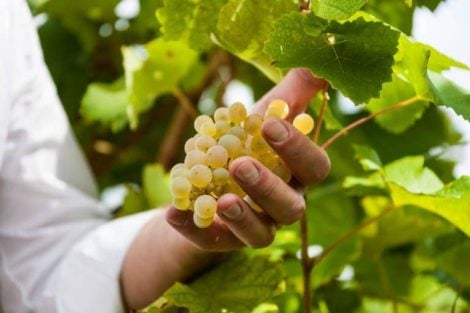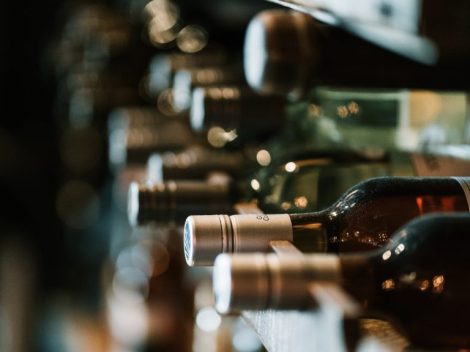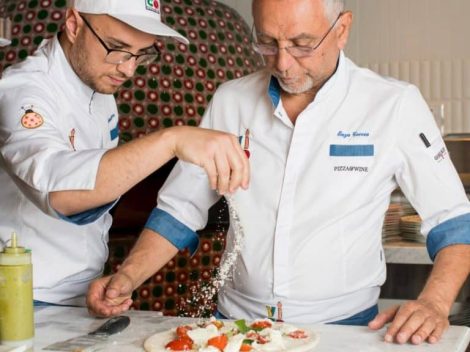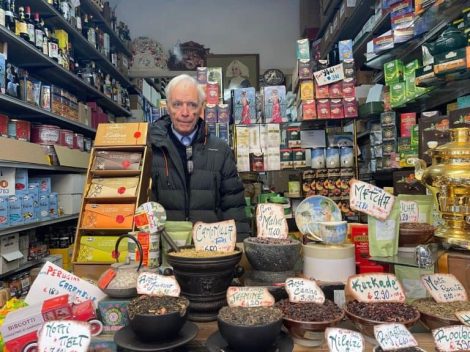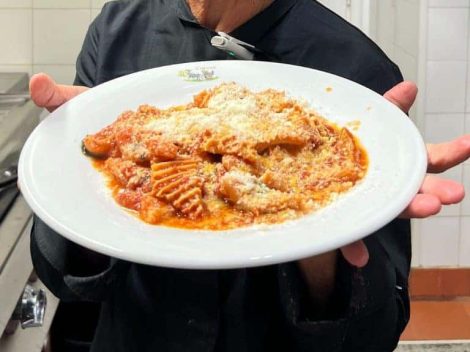“Climate change and environmental degradation are an existential threat to Europe and the world. To overcome these challenges, Europe needs a new growth strategy that transforms the Union into a modern, resource efficient and competitive economy. The European Green Deal is our roadmap for making the EU economy sustainable. This will happen by transforming climate and environmental challenges into opportunities in all policy areas and making the transition just and inclusive for all”. This is what's written in the official website of the European Union, which on May 20th presented–in line with these premises–the From Farm to Fork strategy.
What is the European From Farm to Fork strategy?
There's a lot at stake, but the main points concern the use of pesticides, use of fertilizers, use of antibiotics and the increase of organic agriculture. Practically, the Commission will take steps to reduce the use of chemical pesticides and antibiotics for livestock and aquaculture by 50% (just consider that the antimicrobial resistance linked to the use of antibiotics leads to about 33,000 human deaths each year in the EU alone); reduce the use of fertilizers by 20% and increase organic areas by 25%. All this by 2030 with a yearly 20 billion funding between European, national and private investors.
A strategy, announced at the end of last year, which now fits perfectly into the unprecedented post-epidemic scenario, as pointed out by the executive Vice President of the European Commission Frans Timmermans: "The coronavirus crisis has shown how vulnerable we all are, and how important it is to restore balance between human activity and nature. At the heart of the Green Deal and the Farm to Fork strategy is a renewed and improved balance between nature, food systems and biodiversity. This is carried out with the goal of protecting the health and well-being of our citizens and at the same time increasing the EU's competitiveness and resilience. These strategies are a crucial part of the great transition we are undertaking." Not bad, except that (as it often happens) there are some critical points.
Critical points: lack of operational measures
On the #CambiamoAgricoltura coalition, which brings together various environmental and organic and biodynamic farming associations, there is mainly one weak point, namely the lack of operational measures, as well as binding targets for the reduction of greenhouse gas emissions especially those concerning the livestock supply chain, which uses more than 2/3 of European agricultural land, making it the main beneficiary (for 38%) of the subsidies of the Common Agricultural Policy. "The ambitions of the Farm to Fork strategy will be feasible––say the associations––only with an energetic revision of the CAP to affect the perverse subsidies that today reward the overproduction of intensive livestock breeding and large monoculture areas. Only by profoundly changing the rules of the CAP on the basis of the positive contents of this F2F strategy can an ecological transition of our agriculture come about concretely". But this is not the only weak link in the new European strategy.
Can sustainable agriculture feed everyone?
"Sustainability is great", explains President of Confagricoltura Massimiliano Giansanti, "but we need to define policies aimed at food self-sufficiency and growth of the agriculture system. With the spread of coronavirus, it has become clear how fundamental it is, in times of crisis, that nations respond to consumer needs. The number one goal today is therefore food self-sufficiency, around which all other strategies must be built". This is why Confagricoltura is actually asking to point a spotlight on this issue, that is satisfy the (quantitative) needs of consumers, linking sustainability to productivity. "In the future we risk facing sustainable agriculture which is however not sufficient to feed everyone. And do you know what that means? Imports from third party countries that apply different and less stringent rules would increase".
Ideal to better understand the consequences of coronavirus would be a transitional policy
Another question is certainly the historical moment we are living in. "This strategy has been surpassed by the spread of the coronavirus, we have yet to understand what the effects of all this will be. Consider that in just three months the models have radically changed, some consumption has collapsed (I think of fresh products such as milk or vegetables) and others have increased. So, does it make sense to continue with an already outdated program? Would a transitory Community agricultural policy no longer make sense?" A transitional policy that also takes into account the differences between one country and another. "You cannot think of an equal prize for everyone because you cannot compare an Italian farmer, who works in a territorial context characterized by biodiversity, to a Polish or a German one. The cost of living changes, each are suffering different consequences of climate change (the Mediterranean countries are penalized in this), each has a different production yield. We are the leaders in multi production, which has nothing to do with the mono-culture of some member states, for which, for example, it will be easier to grow organically. But then it's not a given that it will be a positive thing, and that it will not impoverish the ground".
As always, therefore, the truth lies in the middle or, to quote Director of Centro di Ricerca per la Frutticoltura in Rome, Davide Neri, it lies in flexibility. "Organic agriculture is a production protocol, such as integrated farming" explains Neri "which can work in some situations. But it's not possible to hypothesize the percentages that can be reached. One thing is certain: within this wealth of genotypes, from time to time, you can find the most suitable production protocol. The winning weapon is flexibility." Evaluating each, case by case. A bit like the European Union should do.
No more demagogy: investing in genetic research is not wrong
And speaking of flexibility, President of Coldiretti Ettore Prandini also requires it when it comes to antibiotics or pesticides: "The decrease in antibiotics is good, we just have to be careful of unfair competition through correct regulation on imports and on the principle of reciprocity. I would never want Britain's last battle in Europe to turn, after Brexit, into the country of entry with respect to all that Europe will forbid!". But in addition to regulating imports, there is another aspect on which we should reflect more, or genetic research. "In my opinion we cannot limit ourselves to a reduction of pesticides but we must also try to provide solutions in order to safeguard productivity. We, together with Italian researchers, have created seeds and assisted products, a term coined to represent a novelty compared to the old GMOs. In this case, we intervene on the DNA of the plant itself, strengthening it where it is weakest, so we protect biodiversity and guarantee a reduction of pesticides". In this context, free and politically-stimulated research will be essential so that research doesn't become a playing field for multinationals.
Origin indication and nutritional values on the label
Another highlight of the From Farm to Fork strategy is including indication of origin and nutritional values on the label. Also in this case there have been conflicting reactions from representatives of the farming world, such as Prandini's: "Starting from the positive news, certainly the extension of label obligations with an indication of the origin of the foods, is good. But I cannot be as enthusiastic about the nutriscore colour coded seals, which I consider highly deceptive as they represent a huge favour for multinationals. Just think that Coca-Cola light will have a green dot while extra virgin olive oil or milk will have orange or even red. This is because it's not a label that indicates proper nutrition but focuses rather on the product, regardless of how much it is consumed". We challenge anyone to eat a kilo of Grana Padano, but is the same challenge with drinking 1 liter of Coca-Cola that impossible?
by Annalisa Zordan

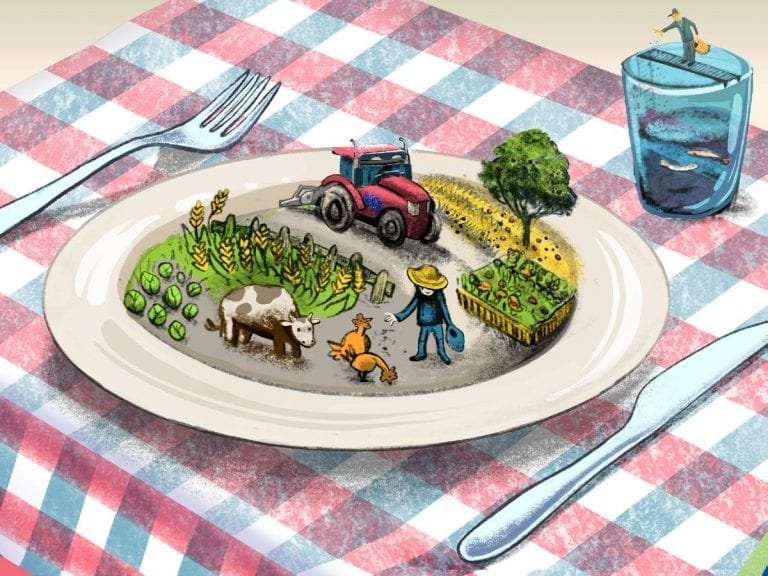
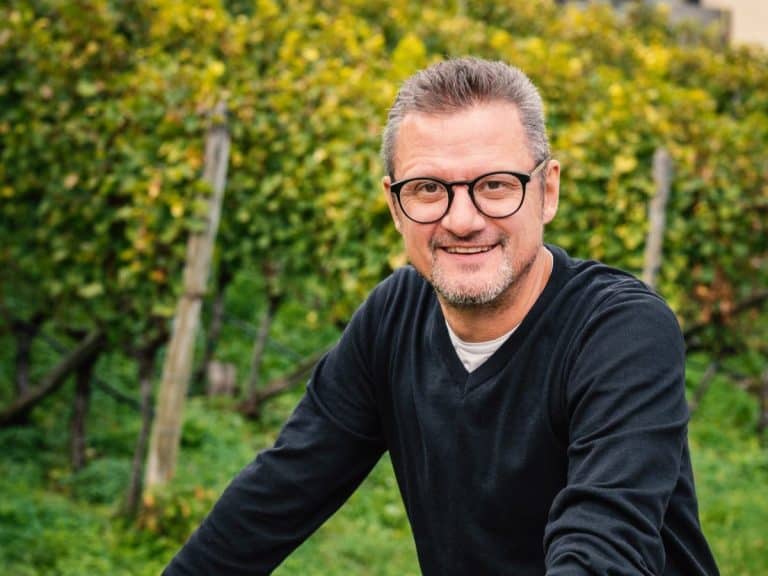 Non-alcoholic wines? Call them what you want, but they’re still a derivative of wine.” An Interview with Martin Foradori
Non-alcoholic wines? Call them what you want, but they’re still a derivative of wine.” An Interview with Martin Foradori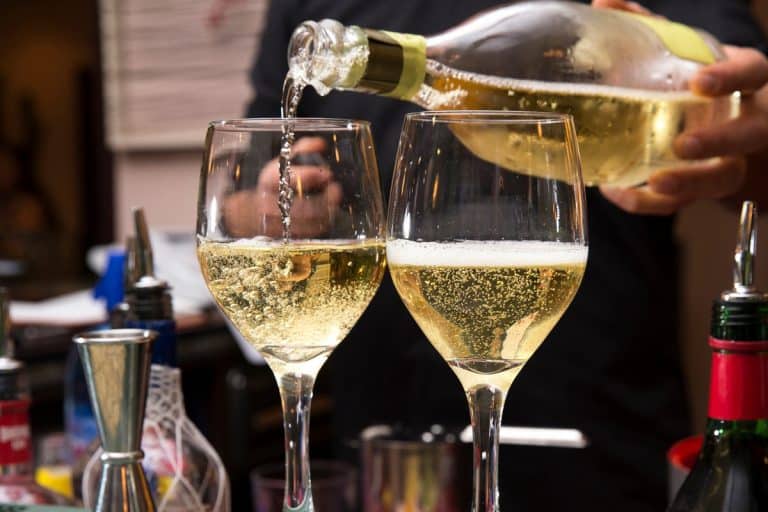 The 8 best Trentodoc wines chosen by Gambero Rosso
The 8 best Trentodoc wines chosen by Gambero Rosso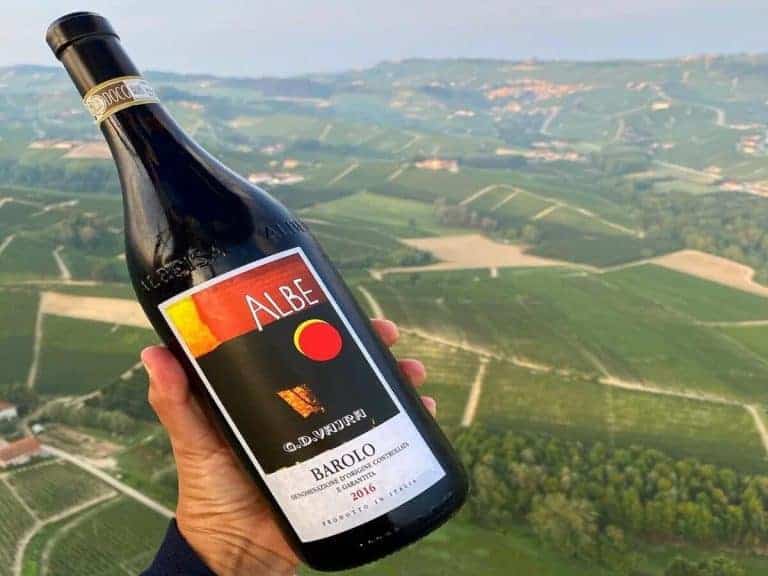 A Piedmont wine enters the top ten of Wine Spectator's "Top 100"
A Piedmont wine enters the top ten of Wine Spectator's "Top 100"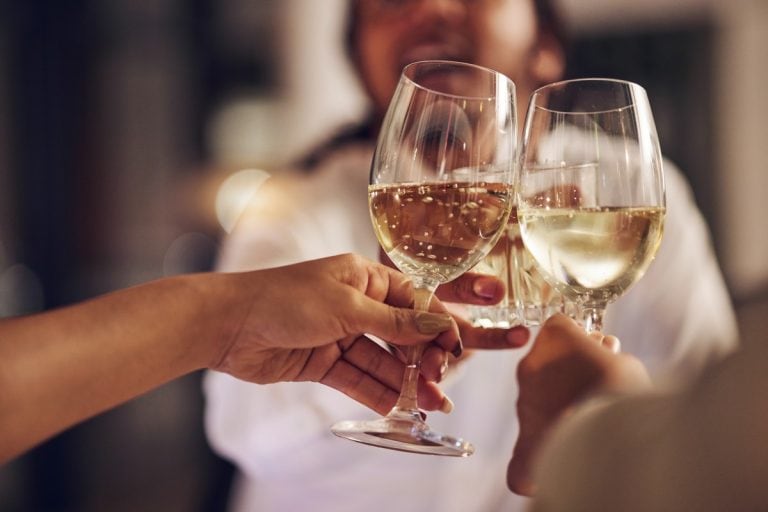 Sparkling wines surpass still wines in Italian out-of-home consumption. Most popular during the aperitif
Sparkling wines surpass still wines in Italian out-of-home consumption. Most popular during the aperitif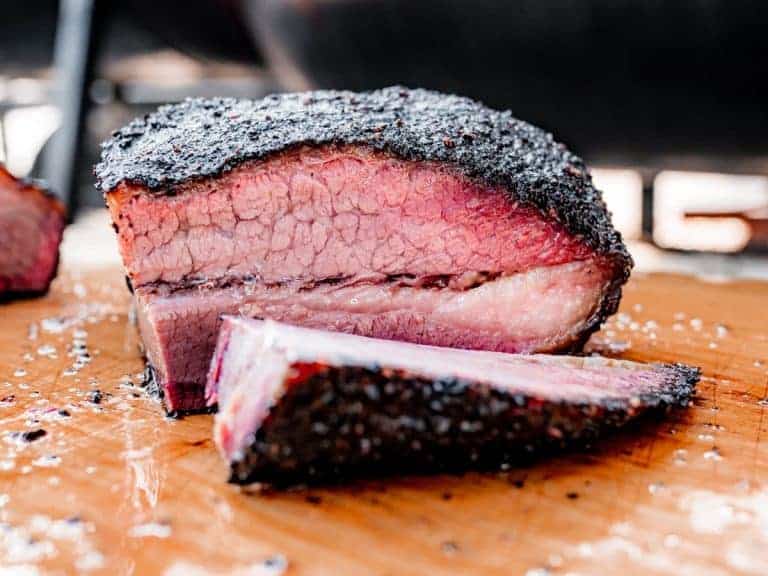 American Barbecue wins a Michelin star for the first time in history
American Barbecue wins a Michelin star for the first time in history